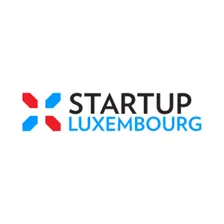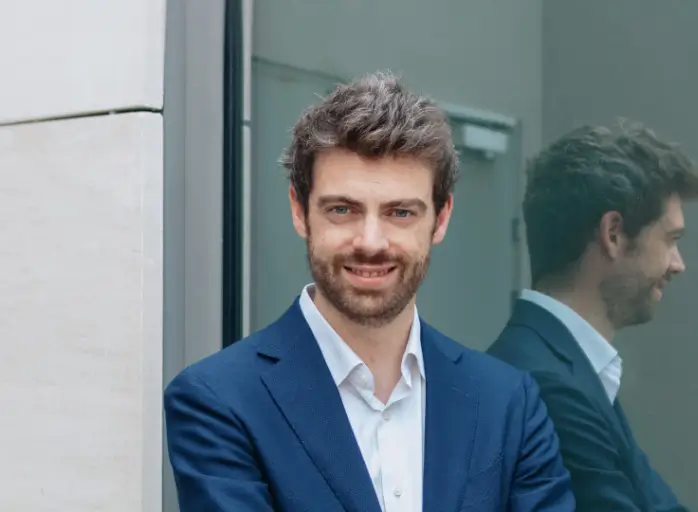
“In finance too, we are talking about entrepreneurship”
Can an investment fund be a startup? Corinne Molitor is convinced that it can. In addition to her solid experience in impact finance, she manages the International Climate Finance Accelerator (ICFA).
 Startup Luxembourg
Startup Luxembourg
Can an investment fund be a startup? Corinne Molitor is convinced that it can. In addition to her solid experience in impact finance, she manages the International Climate Finance Accelerator (ICFA). Created two years ago by the Ministries of Finance and the Environment and a dozen of private partners, this initiative aims to support and accelerate the creation of impact investment funds investing in climate solutions. For this, the startup mindset is essential.
Ms. Molitor, could you explain what the ICFA is?
“The International Climate Finance Accelerator is the only accelerator for climate finance funds in Europe. Its objective is to support first time asset managers in the development and implementation of investment funds focused on climate finance. More generally, ICFA was created to support innovation in the financial sector in order to generate more environmental impact.
Ten entities from the private sector proposed the concept to the Ministries of Environment and Finance in 2017, which agreed to co-finance the initiative. ICFA has also received support from the European Investment Bank.
Is it a classic acceleration programme, like those usually offered to startups?
“Yes. We are definitely part of the startup world. ICFA is a startup in a sense, because we are pioneers in Europe. We did our market research to find out what the players' needs were and what the best support to offer them was. Our offer is based on this initial work and continues to evolve according to the feedback we get from our first beneficiaries, who are all first time fund managers. They have to set up their own management company and investment fund.
How does the programme work?
“It takes longer than a traditional acceleration programme because setting up a fund is a complex and lengthy process. It therefore lasts between 18 and 24 months. For asset managers, it is a matter of developing an investment strategy, finding investors, defining a financial structure, obtaining authorisations... The programme offers financial support of 200,000 euros in loans, which are paid out in four instalments, and the expertise of professionals in the sector through workshops, training and coaching. We ensure monthly follow-up and, of course, we facilitate the contact with potential investors, partner companies etc.
In return, the fund manager must frequently report on his progress and the achievement of the milestones initially defined. The objective is that at the end of the programme, the fund is launched with a minimum of 10 million euros in first closing and a growth strategy of up to 50 or 100 million euros.
Does the fund industry face the same challenges as traditional industries in the age of digitalisation?
“There is a strong desire in the financial centre to support innovation, not only in funds or portfolios of listed equities and bonds, but also in private equity. Demand for investment in innovative companies and projects is growing. The blended financesing public money as a catalyst to promote innovation and attract commercial investors who would not otherwise embark on such risky investments, is a great tool to support innovation.
Can a fund be defined as a startup?
“Yes, of course it can. The fund managers who go into business are entrepreneurs who manage extremely complex projects that require a mix of entrepreneurial, financial and marketing skills. The complementarity of the teams is extremely important. In Luxembourg, all startup programmes generally exclude the financial sector. Yet finance has the same needs: IT, marketing, management etc. However, a fund is often not considered as a startup and this is a pity.
What is your initial assessment of the ICFA?
“We launched a first cohort of four projects in 2018 and then another 2 cohorts of seven projects in 2019. We just selected a new cohort for 2020. After a year and a half, one ICFA supported fund has made a first closing of 80 million dollars to invest in climate adaptation projects - commercially viable solution to adapt to climate change worldwide. We have also seen a first closing of 8 million euros with a Norwegian structure that proposes to invest in renewable energy in Africa to supply hospitals, schools and businesses with solar, wind, hydro energy. We are also expecting some failures. An initial assessment of the ICFA is to be finalised this year and based on its conclusions, we’ll see how the programme can improve and develop.”


